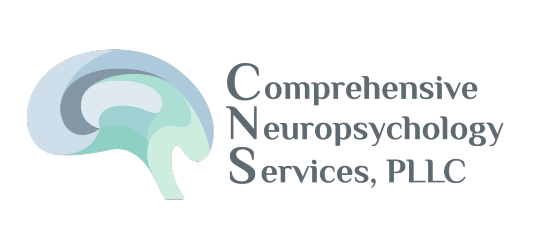
It can be difficult for parents to differentiate between typical child behavior and a more serious issue like ADHD (attention-deficit hyperactivity disorder). Many children can have trouble paying attention, struggle to sit still, or refuse to wait their turn. You may think it is just your son or daughter “being a kid,” but what if it is ADHD?
Most of the time, key behaviors of ADHD can be seen in your child’s attention span and energy level. Are they more inattentive or hyper than usual, or is this “normal”? We can help you figure it out.
Common Warning Signs of ADHD
A neuropsychologist can identify and diagnose persistent patterns of inattention and hyperactivity-impulsivity and help determine if the behaviors are getting in the way of your child being his or her best.
Take a look at the following signs of inattention. Is your child:
- Easily distracted?
- Generally forgetful?
- Struggling to pay attention to details in their schoolwork and other activities?
- Appearing to ignore a speaker, even when the speaker is talking to them directly?
- Avoiding tasks that require prolonged mental effort or attention?
- Getting side-tracked when finishing tasks or chores?
- Having trouble staying organized?
- Struggling to follow instructions?
- Making careless mistakes or struggling to focus on details?
- Often losing or misplaces things?
Some of the hyperactive/impulsive signs you might see include:
- Constantly fidgeting or squirming,
- Trouble remaining seated,
- Running or climbing excessively or being constantly in motion,
- Talking nonstop, blurting out answers, or interrupting others,
- Difficulty waiting his or her turn
- Having a quick temper or short fuse
Steps to Take If You Are Concerned About ADHD
Seek support from a professional. While pediatricians are often a good initial resource in discussing the possibility of ADHD, they often use brief questionnaires to assess symptoms. A more thorough assessment with a licensed neuropsychologist can determine if a formal ADHD diagnosis makes sense. Importantly, it can help to have a professional evaluator rule out other causes for your child’s behavior. A proper diagnosis guides effective treatments, which, in turn, can improve the overall health of your child.
Why is it Important to Treat ADHD?
It is essential to follow up with your doctor, and ideally, a trained psychologist or neuropsychologist, so they can suggest proper treatment for your child with ADHD. Long term studies show if ADHD is left untreated, there can be serious consequences including:
- Falling behind in school
- Challenges establishing or maintaining friendships
- Getting into conflicts with parents
- Risk-taking that puts the child or teen at risk for injury, including automobile accidents, alcohol or drug use, and risky sexual behaviors
- Difficulties into adulthood related to romantic relationships, family interactions, and job performance
The Bottom Line
Choose a medical professional, like a neuropsychologist, who can work with you to better understand your child. Seeking a professional opinion and starting appropriate treatment as soon as possible will improves your child’s mental health and well-being and your family’s.










